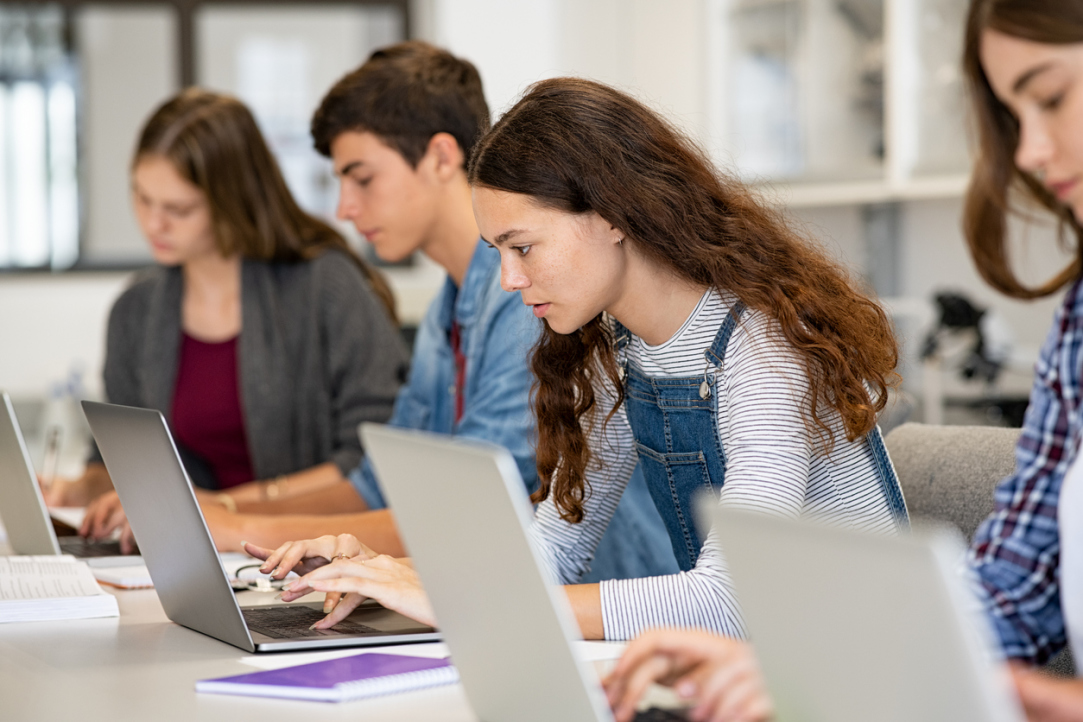
Researchers Teach Algorithm to Predict Success in Effortful Tasks
Researchers from HSE University and Skolkovo Institute of Science and Technology have developed machine learning models that can predict success in visual tasks of mental attention using reaction time and eye movement. The paper ‘A machine learning investigation of factors that contribute to predicting cognitive performance: Difficulty level, reaction time and eye-movements’ was published in Decision Support Systems.
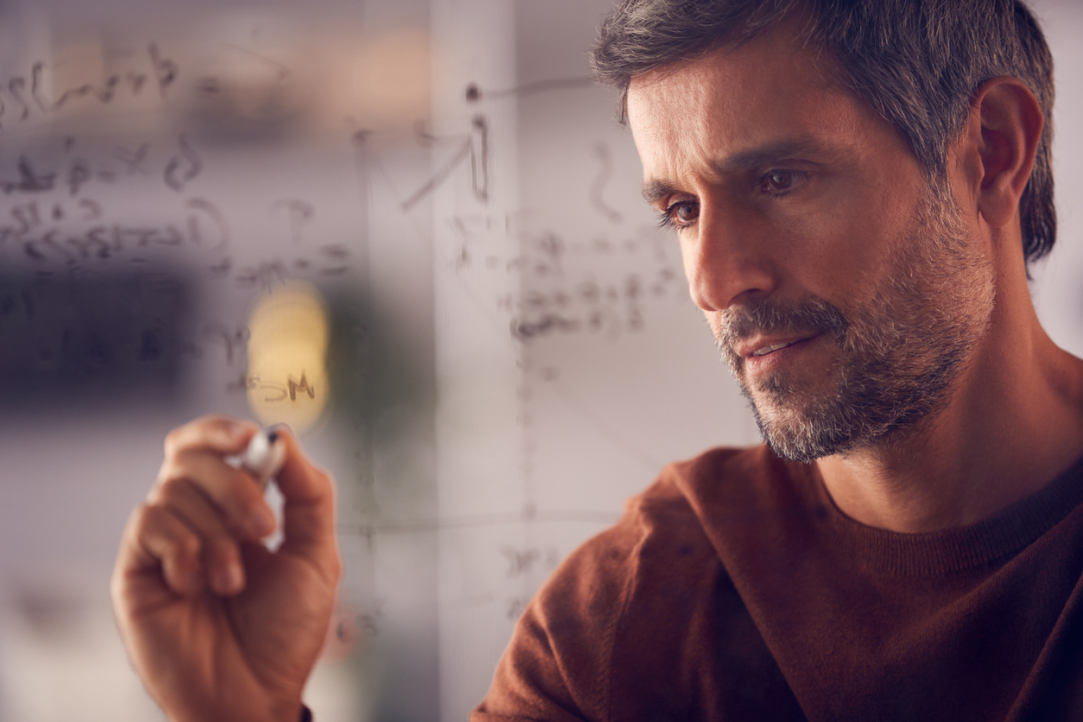
HSE University Project Wins Russian-Indian Grant by RSF
The research community gave a highly positive assessment of a joint application by researchers from HSE University and their Indian colleagues in affine algebraic geometry, particularly the problems of cancellation. The head of the project on the Russian side is HSE FCS Dean Ivan Arzhantsev; on the Indian side, the project is led by renowned mathematician Neena Gupta.
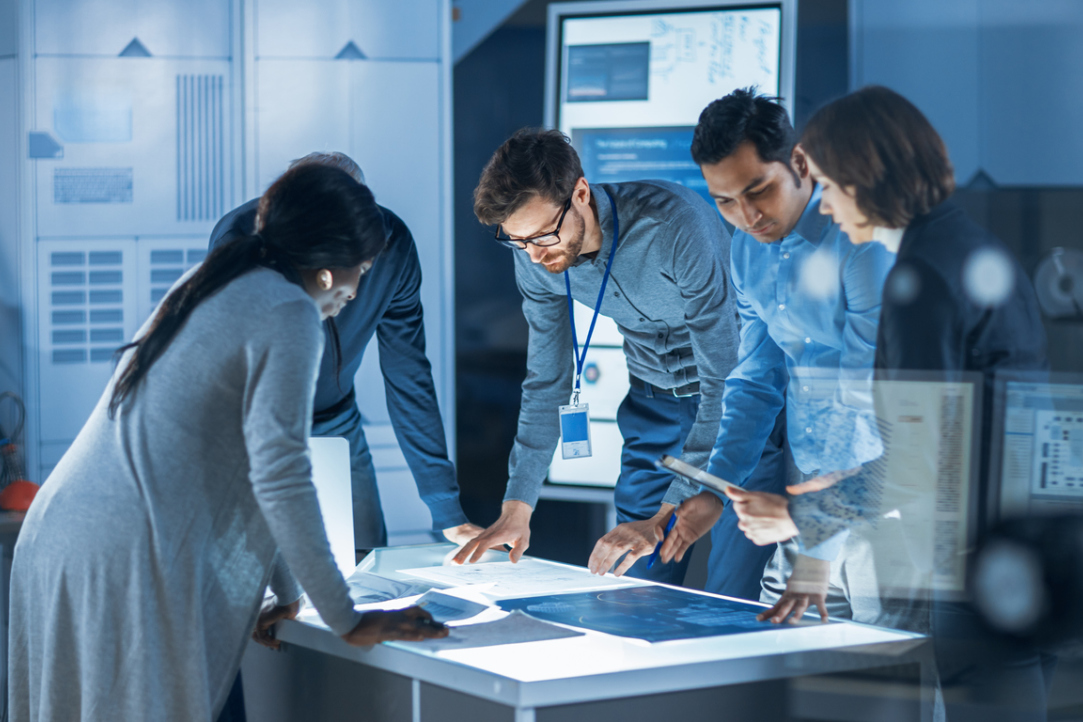
Sustainability, Quality Innovation Culture, and Transition Economies Research at HSE University
Professor Dirk Meissner is Distinguished Professor, the Head of HSE ISSEK’s Laboratory for Economics of Innovation and the Academic Supervisor of the Master’s Programme in Governance of Science, Technology and Innovation. In this interview, he talks about the laboratory’s staff, upcoming research and conferences, and how the culture at ISSEK inspires creativity.
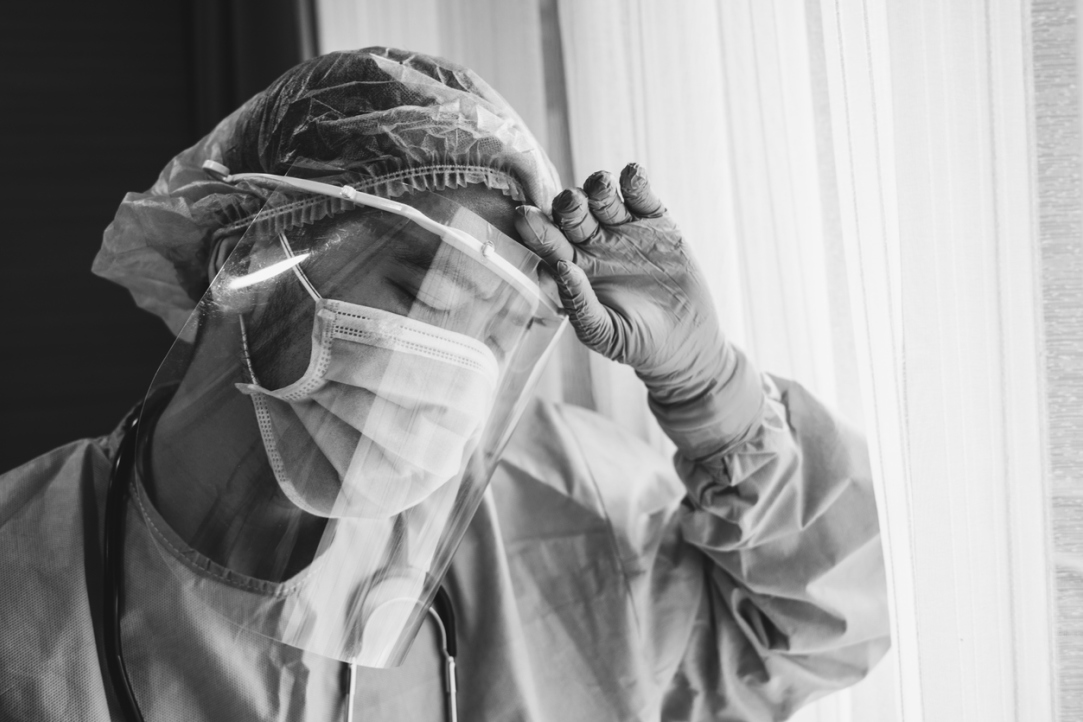
Stress Disorders More Prevalent among Doctors due to the Pandemic
Psychologists from HSE University have joined their peers from Ekaterinburg to look into the impact of the pandemic on the mental health of Russian doctors. They found that medical staff are suffering from stress, anxiety, and depression more often than before. The results of the study were published in International Journal of Environmental Research and Public Health.

HSE University Researchers Discover What Happens on the Bright Side of the Moon
Researchers from HSE University have developed a mathematical model that explains the levitation of charged dust particles over the sunlit lunar surface for almost any latitude. For the first time, the model takes into account the Earth’s magnetotail—a particular area around our planet. The research data is important for planning the Luna-25 and Luna-27 space missions. The study was published in Physics of Plasmas.

Family, Bosses, Isolation: HSE Researchers Uncover Causes and Impact of Stress in Employees Working from Home
In Russia, employers do not bear responsibility for the psychosocial risks faced by employees working from home. That is why remote employment needs additional legal regulation. These were the conclusions made by the HSE Faculty of Law project group ‘Regulatory framework to prevent remote work-related psychosocial risks’, which was created at the initiative of the HSE Institute of National and Comparative Legal Studies.

Unlike Female CEOs in Europe, Women Executives in Russia Are As Likely to Pursue Innovation As Their Male Colleagues
Gender, alongside other characteristics, seems to have a different effect on CEO risk-taking practices in Russia and in Western Europe. Female executives in Russia are at least as likely as men — and in some areas even more likely — to engage in new R&D or to launch new products on the market.
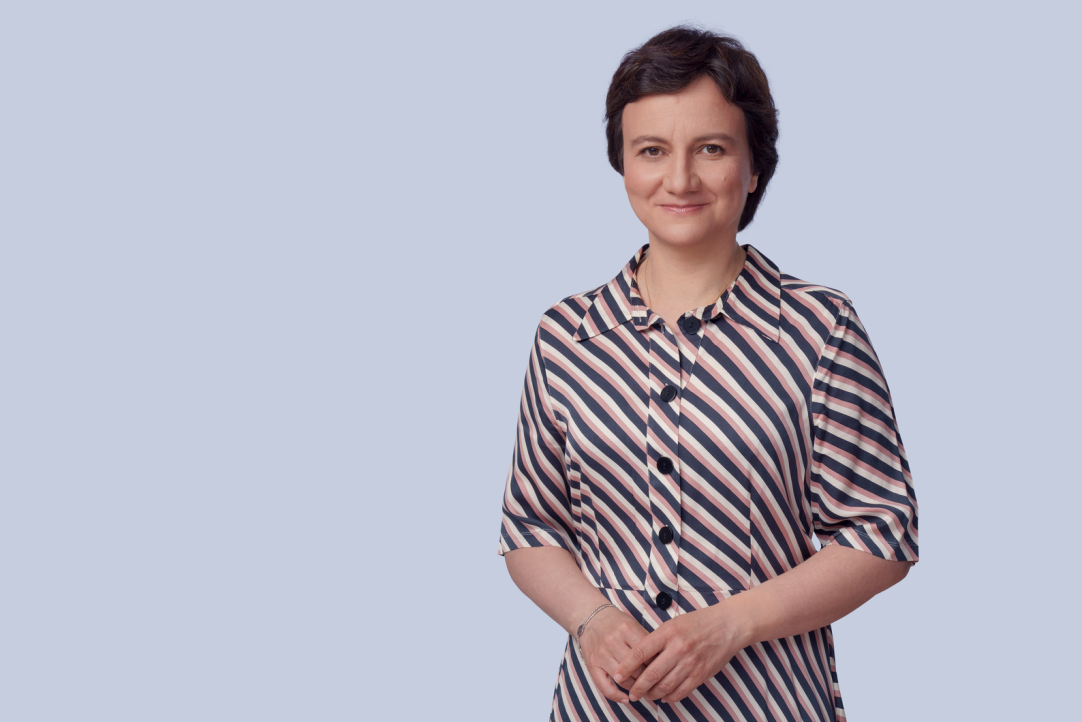
Maria Yudkevich: Serious Research Projects Are a Marathon, Not a Sprint
Rapidly changing approaches to the pursuit of scientific knowledge are making research more interdisciplinary in nature. Science and researchers are now more open to society, while student academic mobility among universities is encouraged. Maria Yudkevich, HSE Vice Rector, talks about these issues, explaining how HSE University promotes and expands its research activities and supports early-career researchers.
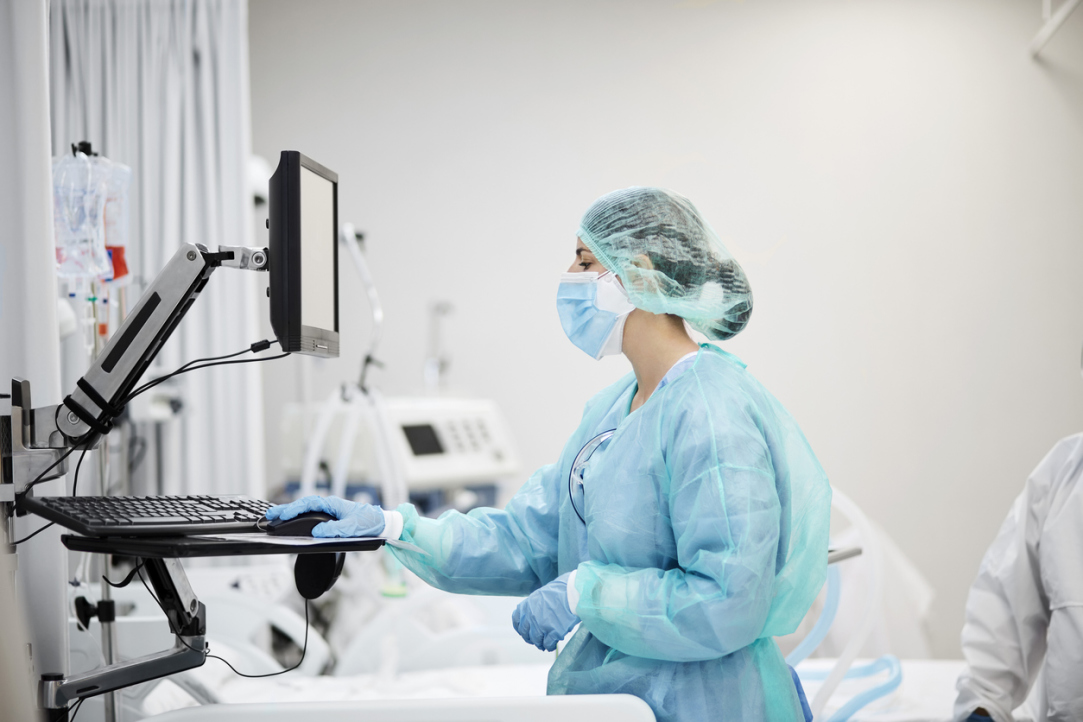
COVID-19 Pandemic Brought Humanity Closer to the Next Stage of Technological Revolution
The outbreak of the pandemic posed some serious challenges to the world that required the concentration of many people’s efforts and the use of the latest technologies. This has led to powerful technological breakthroughs, particularly in medicine. HSE University researchers Leonid Grinin, Anton Grinin, and Andrey Korotayev published a paper in which they assessed the impact of COVID-19 on social development. The authors concluded that the pandemic will considerably accelerate humanity’s transition to a new stage of development, but can also cause significant social strain.
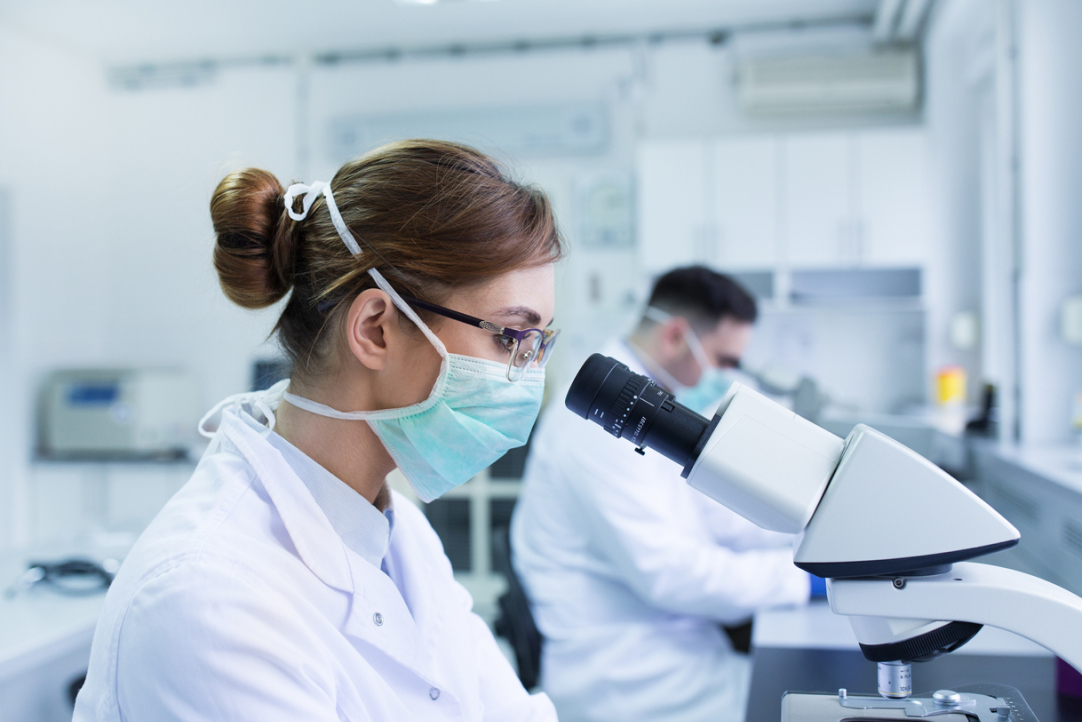
Biologists Figure Out How Stem Cells Turn Into Other Types of Cells at Molecular Level
An international team of researchers including biologists from HSE University has developed a method that helps obtain information on changes in protein expression and properties during cells’ transition from one state to another. One of the most interesting transitions is the transformation of cells from undifferentiated stem cells to differentiated cells of various organs and tissues. The paper was published in Nature Communications.


Deadline for submitting applications is November 7, 2025